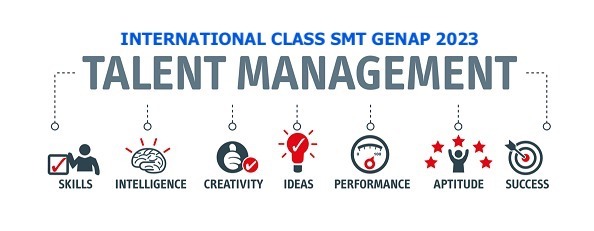Enrolment options
Talent management is arguably one of the most important topic areas in organizations today. Although there has always been an emphasis both in industrial-organizational (I-O) psychology and among human resource (HR) professionals in identifying, selecting, developing, and retaining the best and the brightest people, as Rob Silzer and Ben E. Dowell note in their Preface, we truly have entered the age of strategic talent. Between the continuous war for talent (which has only increased in urgency rather than decreased, unlike what some predicted would hap- pen in the early part of the decade), the changing demographic nature of the workforce, the aging of the boomers and entrance of the millennials, and the ever increasing pace of change in technology and the financial marketplace, organizations and their leaders are under tremendous pressure to get the talent equation right. They are also burdened with increasing reviews and intrusion from their boards of directors to ensure that robust succession plans are in place and the bench is strong at all levels of leadership.
As a result, talent management as an HR functional area of practice has expanded tremendously over the past five to ten years, with annual conferences, articles in popular outlets, the creation of new roles and shifts in corporate job titles, various practice-based books, and even the introduction of a dedicated monthly magazine, Talent Management. Interestingly enough, how- ever, the field of I-O psychology has lagged somewhat behind the curve of the talent management craze.
- Teacher: Zainnur M. Rusdi
- Teacher: Dr. NOVA MARDIANA, S.E., M.M.
- Enrolled students: 3

